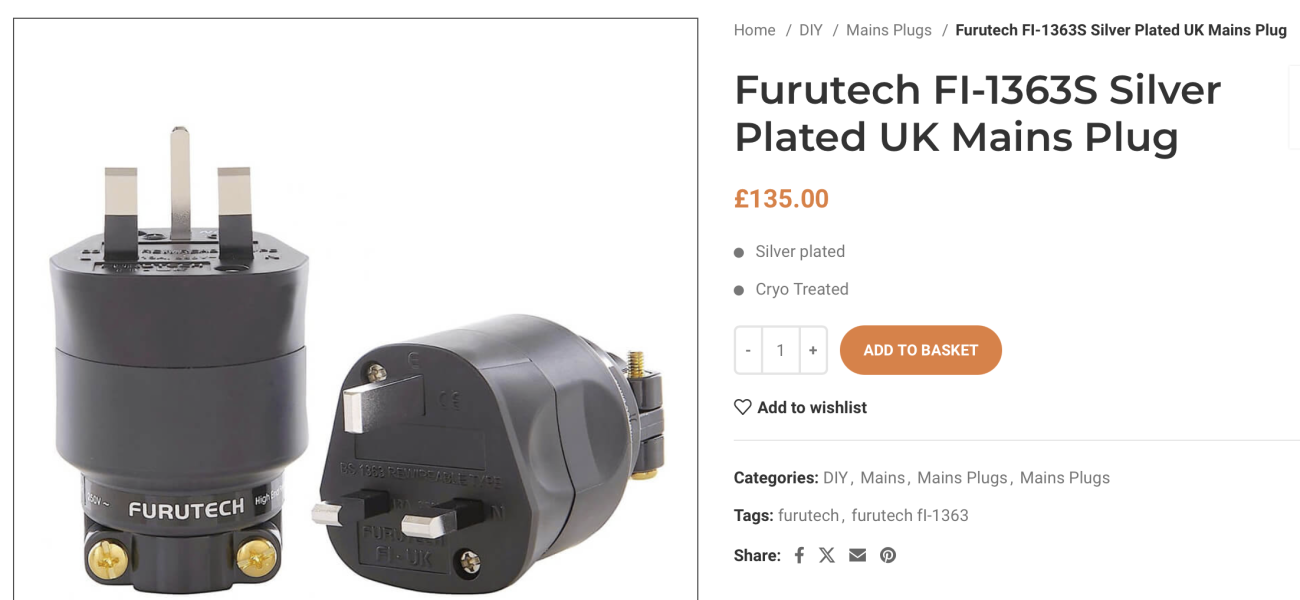Thank you very much.If you have an independent supply, the process is to get UKPN to do a survey. Unfortunately in my case the incoming cable was damaged and they disconnected my power. They are not allowed to connect an unsafe cable, so I had to get someone round to do it.
They survey for cables and connected me to a 3-phase, because we have a car charger and it was nearer than the single phase. The price is non-negotiable and you have to buy a specific box that is installed outside or in a garage. They liaise with your power company who turn up at the same time, UKPN put in the cable and box and the electricity supplier instals the new meter. Cost me just over £5,000.
You can see below the incoming 3 live cables have sealed 100A fuses. New regulations limit this to 80A. Out of the meter are 100A breakers. It is illegal to touch any of this.
View attachment 140484View attachment 140483
A big fat cable was installed out of the breakers underground into the house. The internal installation is protected from water by lining the space with marine ply and housing all cabling in galvanic boxing.
- First off, there is a big black cut-off in case of fire
- Next to that is an isolator for a garden shed
- Above that is a consumer unit for the technical room (heating system etc)
- Another two isolators, a big one for the car charger
- Two main consumer units.
Al this is standard and I had no input other than paying for it. All I specified was that one of the live phases was dedicated to the audio and the car charger.
View attachment 140485View attachment 140486
UK Power Networks should be here in a few days to give me a quote.
All being well not a big job .




